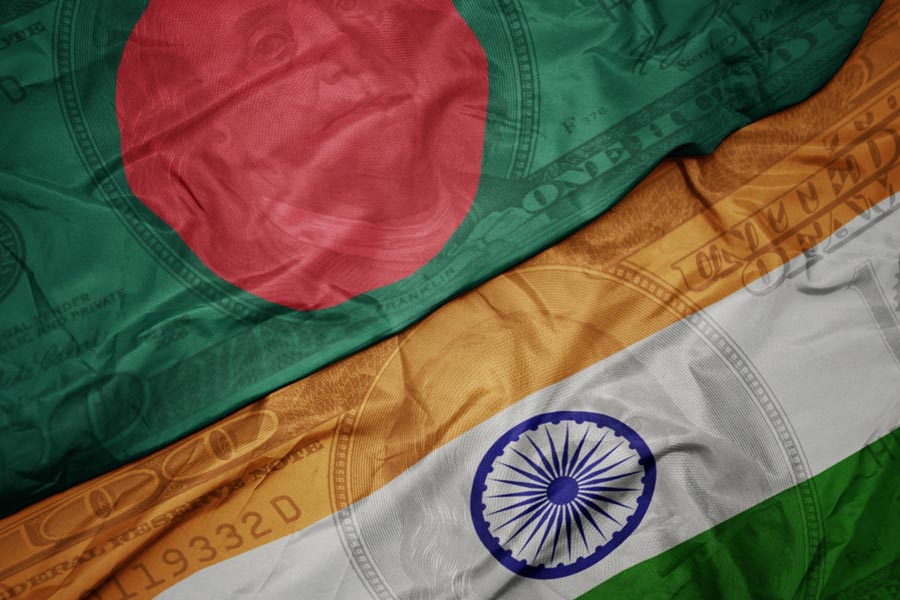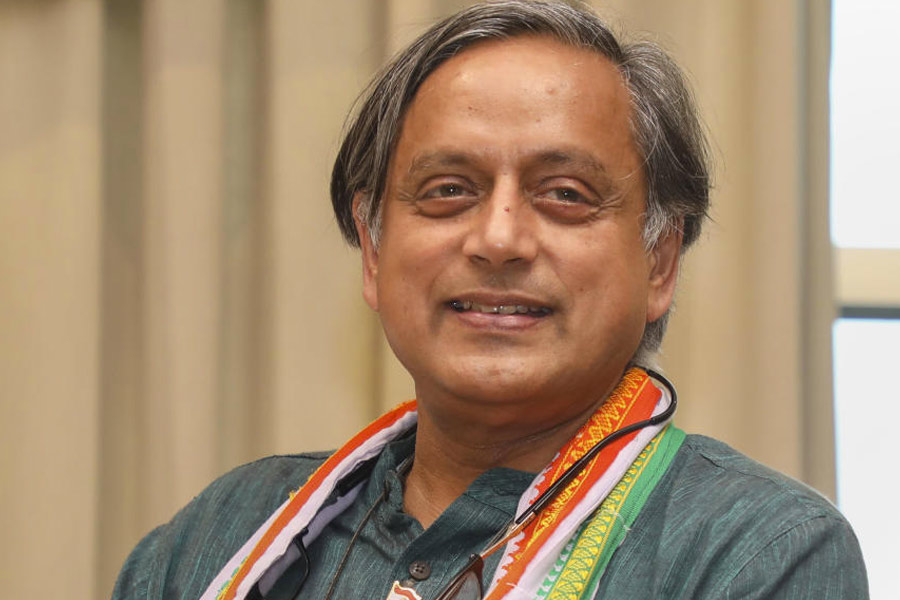 |
| Plenty for festive fun |
Kohima, Aug. 1: Almost 30 years after the first apple tree struck root in Nagaland, the state will host its first festival dedicated to the fruit.
The “apple festival” will be held at Thanamir, a village near the Indo-Myanmar border in Kiphire district, on August 31.
The cultivation of the apple —“Saramati”— named after Mt Saramati, the highest peak in Nagaland — dates back to 1981 when a trooper of the Assam Rifles gifted an apple to a guard at the village and asked him to plant it. The “gift’s” timing was significant as the Indo-Naga conflict was at its most intense in those days.
Dr Sao Tunyi, medical officer at a community health centre in Pungro town near Thanamir, said during the armed conflict, many Indian soldiers were killed by Naga insurgents and in response to that, security forces imposed a curfew and a check-post was also set up at Thanamir.
Amid the conflict, J. Yungbokhiung, a village guard and village council member, had befriended a Nepali naik of the Assam Rifles posted at the checkgate. In 1981, the naik gifted him a Kashmiri apple with instructions to carefully plant it and keep animals away, and with an assurance that it will one day be a source of blessing to many.
The village guard had planted three seeds and on germination, the trees bore fruit — the sweetest and juiciest apples in Nagaland, arguably on a par with the best quality apples in the Indian market.
Yungbokhiung soon learnt the art of root grafting.
The first tree started to bear fruit in 1984 and it remains to this day. While the main trunk remains, the upper half of the tree had to be cut off because of electric wires overhead. However, branches shooting off from the original trunk continue to bear apples.
That was how the Thanamir apple started to spread to other people and nearby remote villages.
Thanks to the initiative of the Thanamir village council, which made it mandatory for every household to grow an apple tree, some families now own as many as 50 trees.
Grafting is done in June-July. Several saplings sprouting from a root graft are allowed to grow for a year and are separated and replanted the next year. In two years, the new graft plants start to bear fruit. Flowering takes place in March-April and the fruit ripens in the later part of August and September.
Tunyi said, to date, no chemicals are used for growing the saplings or to ripen the fruits. Worm infestations occur on the main trunk shortening its life span, but the fruits are free of any worms or other infestations.
“The villagers have been relishing the apples, fresh from the backyard orchards, but have not enjoyed significant commercial returns,” he said.
Tunyi said the apples have been used in three ways: eaten raw, boiled or as juice, which tastes stronger than wine.
Tangit Longkumer, a Christian missionary based in Pungro subdivision, has been working tirelessly, promoting the Saramati apple in the area. He has designed stickers, pasted them on the apples and gifted the fruits to government officials in Kohima and Dimapur.
“The upcoming apple festival at Thanamir on August 31 is a result of his (Longkumer) initiative,” Tunyi said.
Saramati apples are also sold in towns like Kiphire and Pungro, even though no incentives or assistance has so far come from the government’s side.
Government officials from the horticulture, agriculture and allied departments will attend the festival.
“For villages in remote parts of the state, where resources and means for socio-economic development lay untapped, Thanamir’s success story can serve as an inspiration,” Tunyi added.










